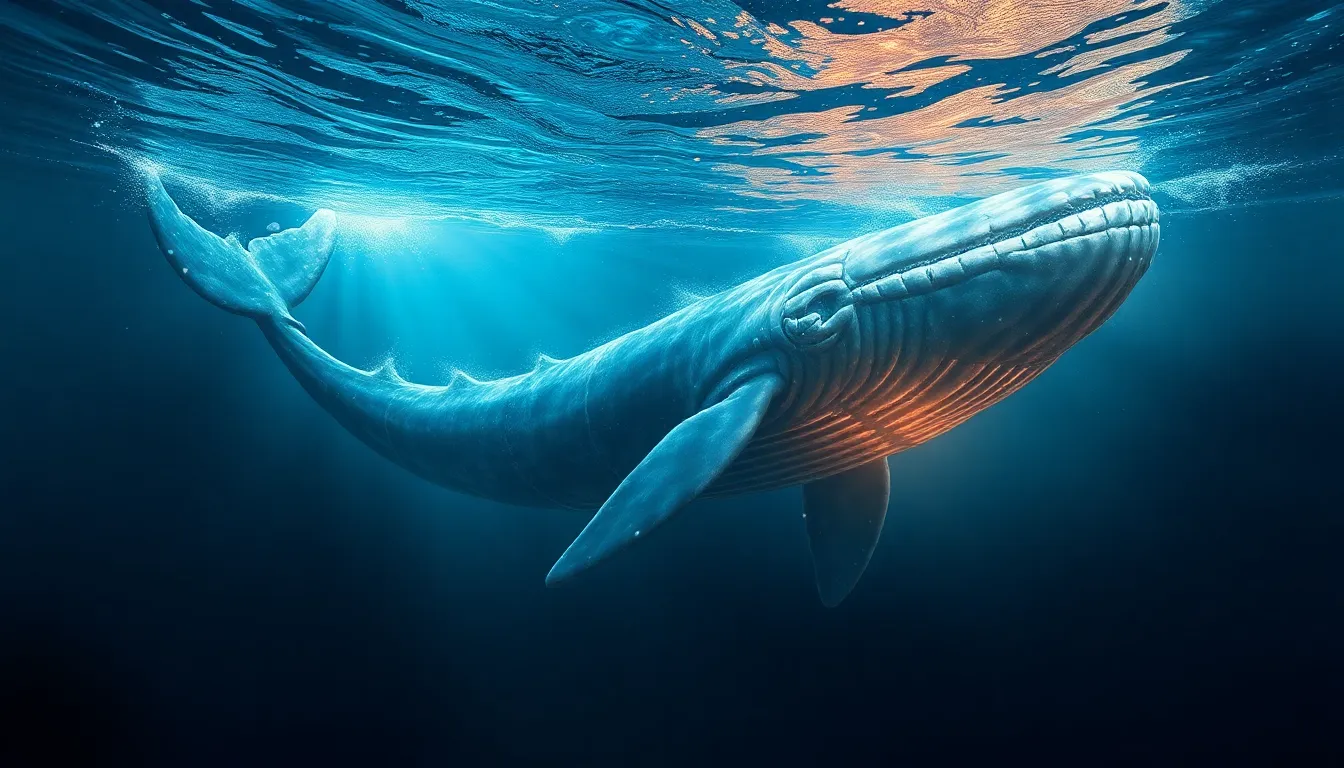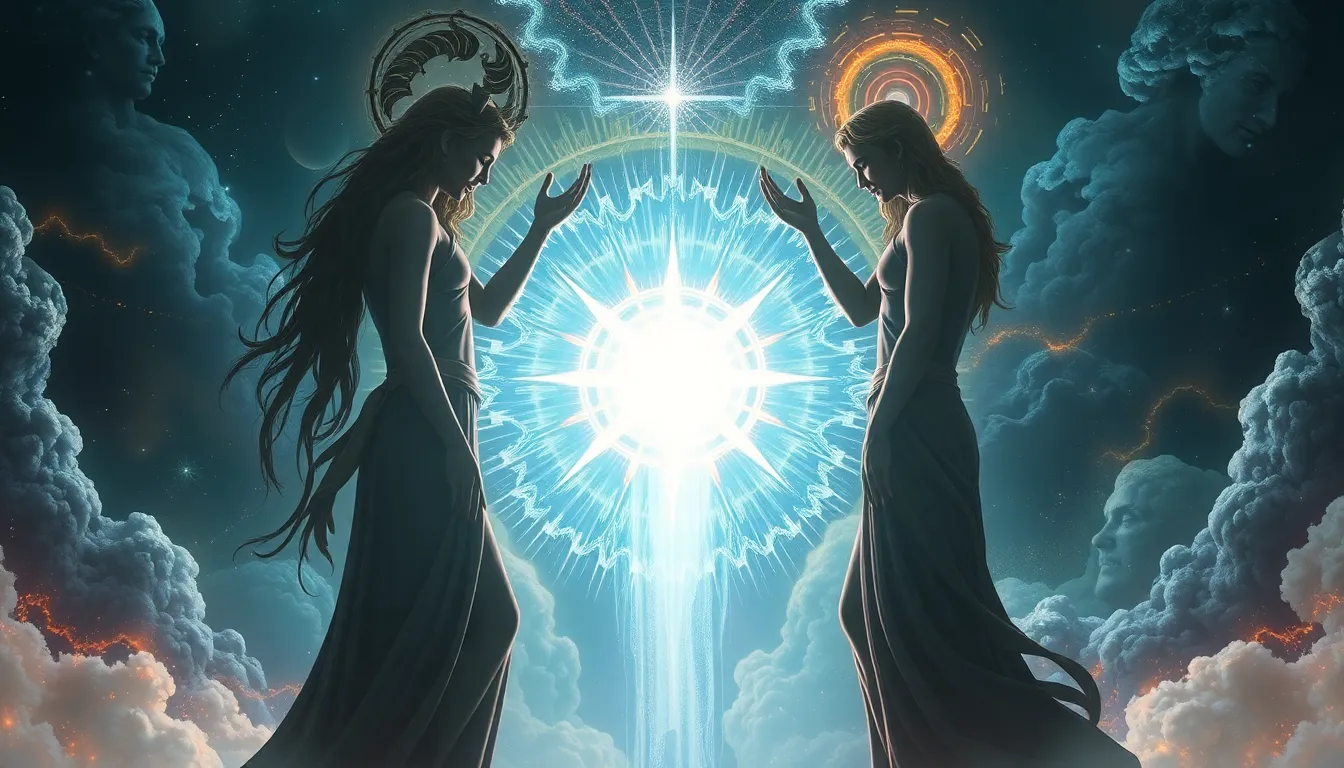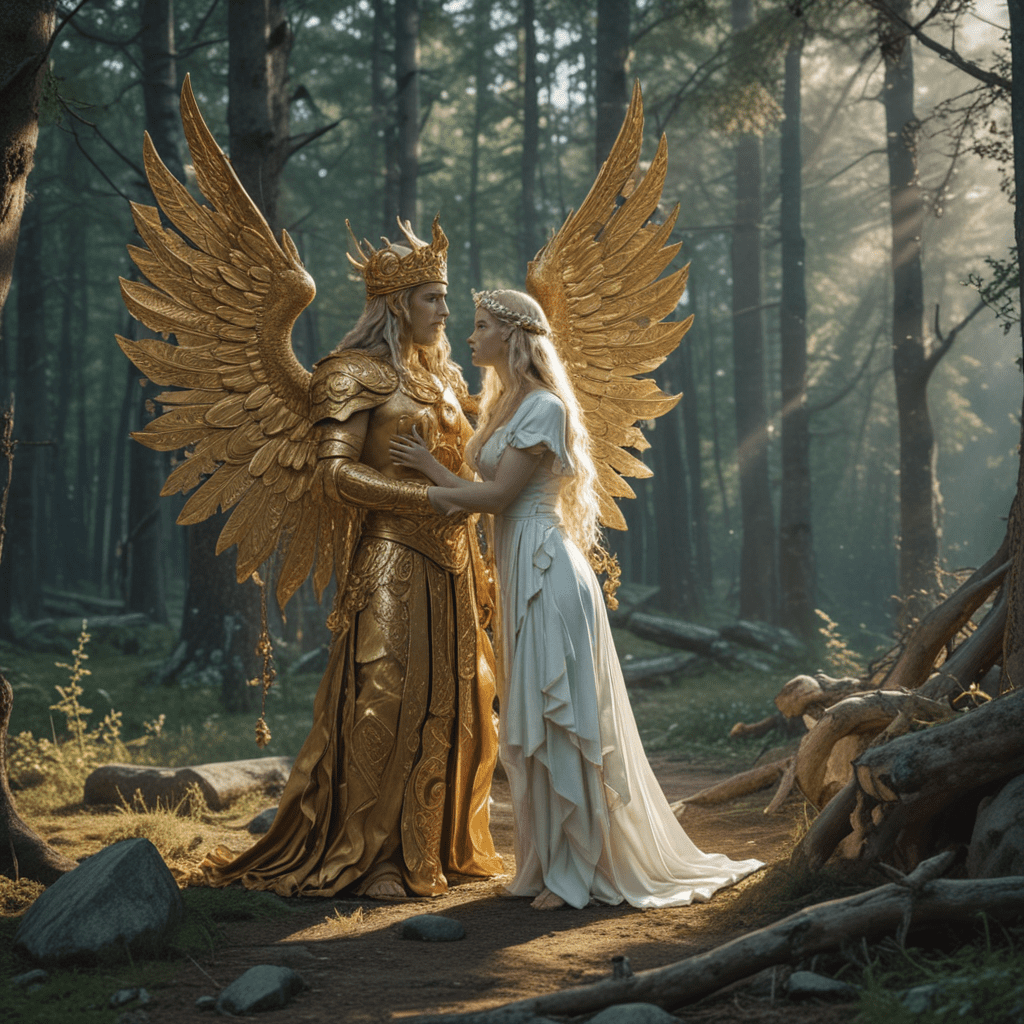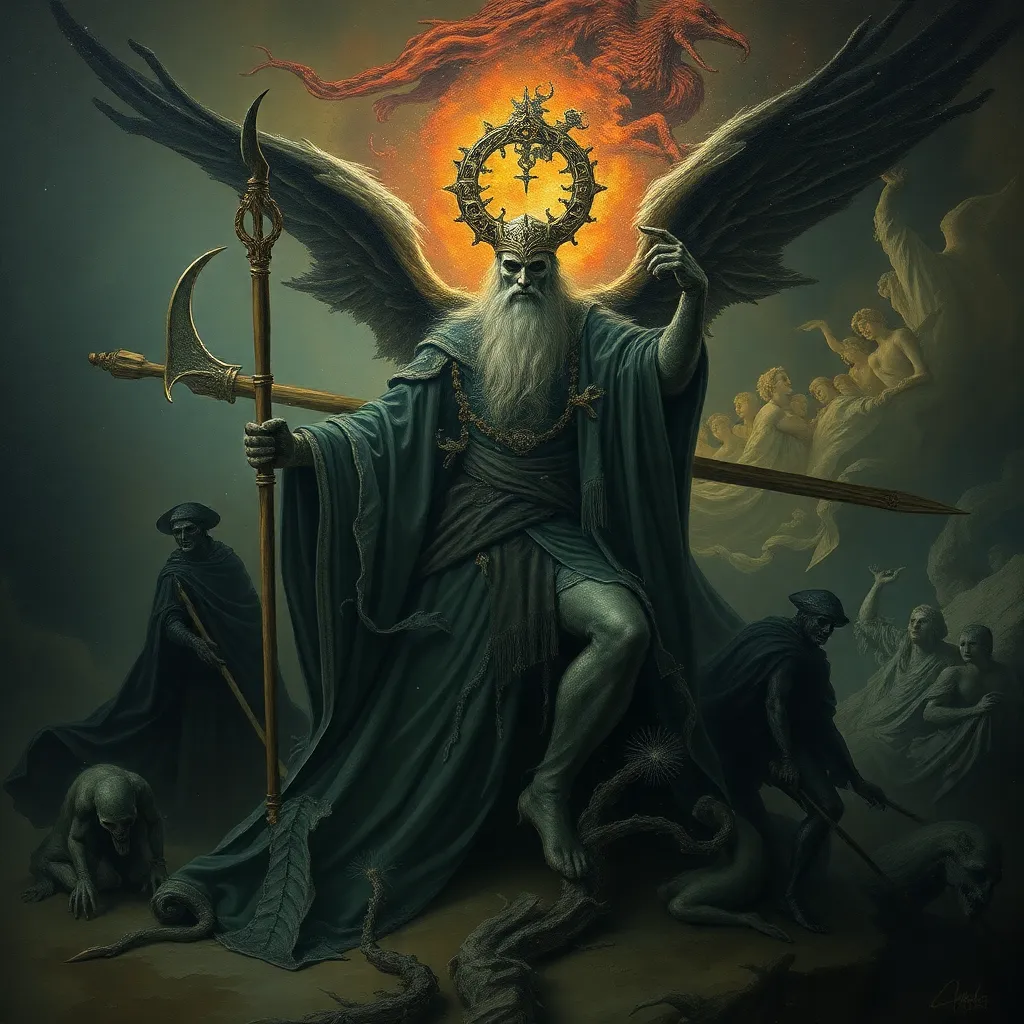The Sacred Whale: Mysteries of the Deep in Mythology
Introduction: The Whale as a Cultural Symbol
The whale, an awe-inspiring creature of the deep, has captivated the human imagination for centuries. Across various cultures, it holds a significant place not only as a majestic being of the ocean but also as a symbol steeped in mystery. The duality of the whale, embodying both grandeur and enigma, has led to its representation in myths, folklore, and spiritual beliefs worldwide.
Whales in Ancient Mythologies
In ancient civilizations, whales were often depicted as powerful beings with deep connections to the cosmos. Their size and presence in the ocean inspired awe and reverence, leading to their incorporation into various mythological narratives.
- Mesopotamian Mythology: In the ancient Mesopotamian cultures, the sea was often personified as a chaotic entity. The god Tiamat, depicted as a dragon or a monstrous whale, represented primordial chaos and was defeated by Marduk, symbolizing order and creation.
- Egyptian Mythology: Whales are less prominent in Egyptian lore, but the Nile crocodile was often associated with the great serpent of chaos. In some interpretations, the whale represents the boundary between life and death, with its deep ocean dwelling symbolizing the afterlife.
- Greek Mythology: The Greeks featured whales in various myths, such as the story of Cetus, a sea monster that threatened the city of Joppa. Perseus, a hero, killed the creature to save Andromeda, illustrating the whale’s role as both a beast of terror and a catalyst for heroic deeds.
The Whale in Indigenous Myths
In indigenous cultures, whales are revered as powerful symbols of connection to nature and the spirit world. Their presence in folklore reflects a deep respect for the ocean and its inhabitants.
- Native American Folklore: Many Native American tribes view the whale as a sacred creature. For instance, the Makah tribe of the Pacific Northwest considers the gray whale as part of their cultural heritage, embodying the spirit of the ocean and serving as a provider of life.
- Inuit Culture: The Inuit people have rich stories surrounding the beluga and bowhead whales. These narratives often depict whales as wise beings who guide humans and are deeply intertwined with the community’s survival and spirituality.
The Whale as a Harbinger of Change
Whales have often been portrayed as omens of transformation or prophecy in various myths. Their movements and behaviors are interpreted as signs of impending change.
For example, in certain Polynesian cultures, the arrival of whales is seen as a signal of significant shifts in the environment or community. Tales abound of whales guiding lost sailors home or leading them to new lands, symbolizing hope and new beginnings.
Symbolism of the Whale: Life and Death
The whale is frequently associated with themes of creation and destruction. Its immense size and strength evoke a sense of both reverence and fear, making it a fitting symbol of life’s dualities.
In many cultures, whales serve as a bridge between the physical and spiritual realms:
- In some African traditions, whales are believed to carry the souls of the deceased, guiding them to the afterlife.
- Conversely, in Norse mythology, the great whale is sometimes depicted as a creature that brings about destruction, representing the chaotic forces of nature.
The Role of Whales in Maritime Cultures
In maritime communities, whales play a significant role in the local mythology and practices. Their existence is intertwined with the lives of those who depend on the sea.
- Whaling communities often have rich traditions that honor the whale, viewing it as a provider and a sacred being. Rituals surrounding the hunt reflect respect and gratitude towards these creatures.
- Moreover, whale myths have shaped seafaring lore, with many sailors attributing their fate to encounters with whales, believing these creatures could guide or protect them during voyages.
Modern Interpretations of Whale Myths
In contemporary literature and media, ancient whale stories are reinterpreted to reflect modern values and concerns. The narrative surrounding whales has evolved, particularly with the rise of environmentalism.
- Films and books depict whales not only as majestic creatures but also as symbols of the fragility of marine ecosystems.
- Environmental movements have revived ancient myths, emphasizing the whale’s role as a guardian of the ocean and a reminder of humanity’s responsibility towards nature.
Whales and the Concept of Guardianship
Throughout various mythologies, whales often emerge as guardian figures, protecting both humans and the ocean. Their immense presence evokes a sense of safety and guidance.
- In Maori culture, the whale is seen as a protector of the waters, with stories highlighting their role in safeguarding fishermen during storms.
- In some Native American tales, whales are depicted as spiritual guardians, assisting in the balance of life in the ocean and the well-being of coastal communities.
The Impact of Whale Conservation on Mythology
In recent years, the decline of whale populations has prompted a reevaluation of traditional beliefs and narratives. Conservation efforts have become intertwined with cultural stories about whales.
As communities work to protect these majestic creatures, the stories surrounding them are also evolving:
- Many cultures are integrating modern conservation ethics into their traditional narratives, emphasizing the need for stewardship over exploitation.
- The decline of whale populations has led to a resurgence of interest in ancient myths, with communities seeking to reconnect with their heritage and the lessons of respect for nature.
Conclusion: The Enduring Legacy of Whale Myths
The whale continues to be a powerful symbol across cultures and eras, embodying the mysteries of the deep and the complexities of life and death. As humanity faces unprecedented challenges, the stories of whales remind us of our connection to the natural world and the importance of protecting it.
Looking to the future, the legacy of whale myths will likely endure, adapting to new realities while continuing to inspire awe and reverence for these magnificent beings of the ocean.



